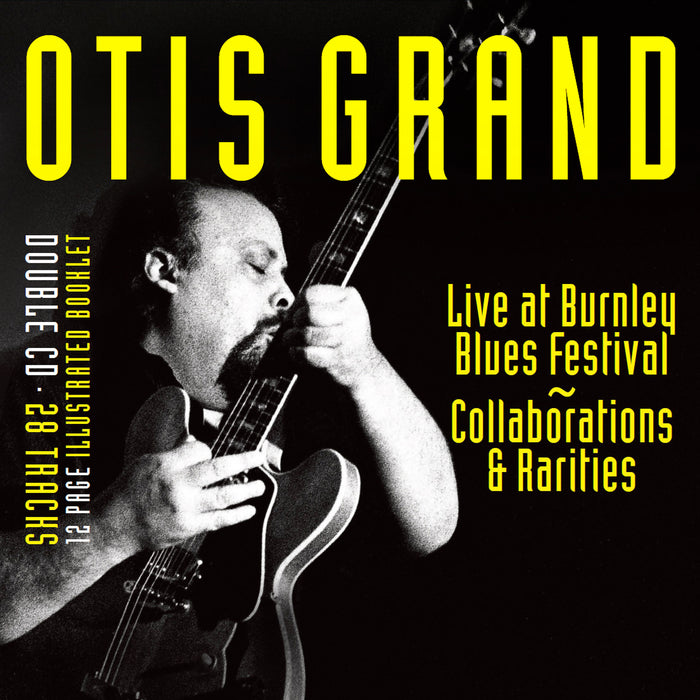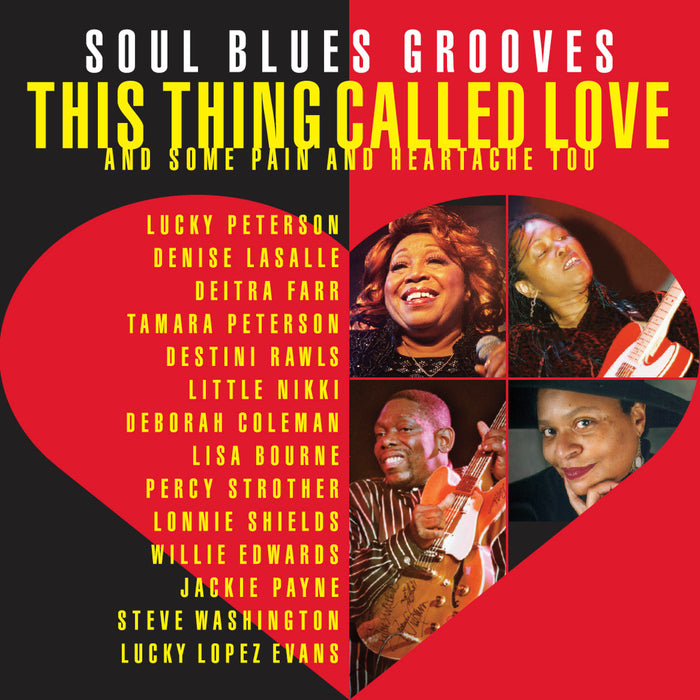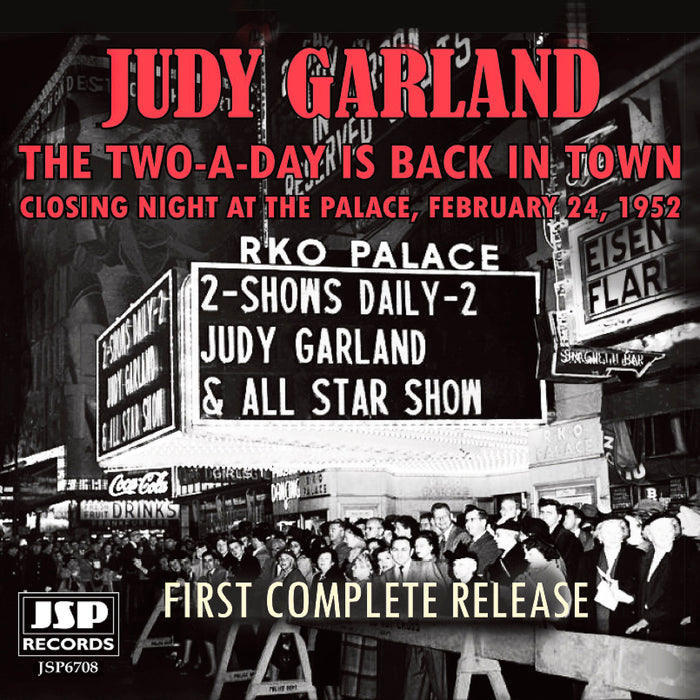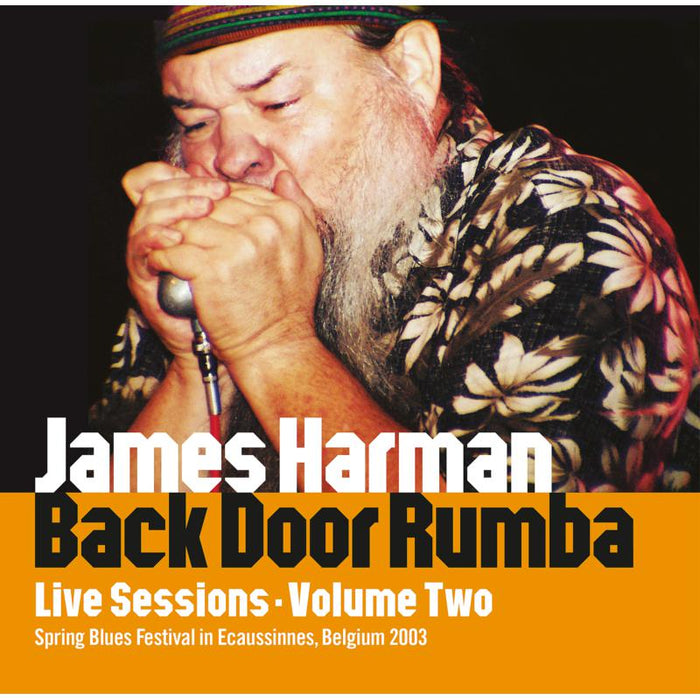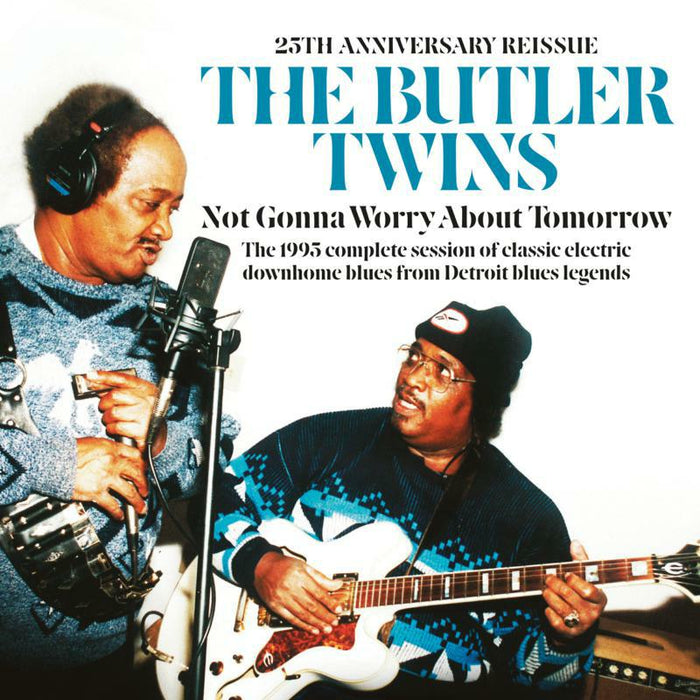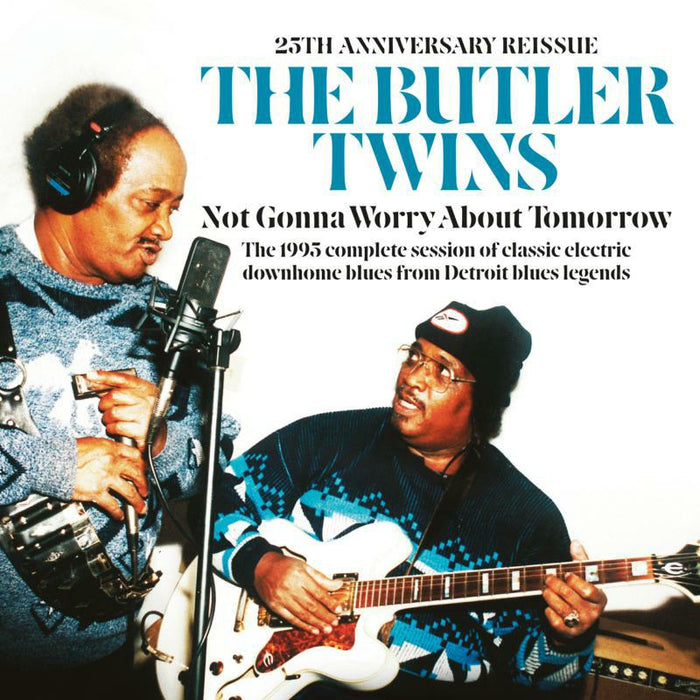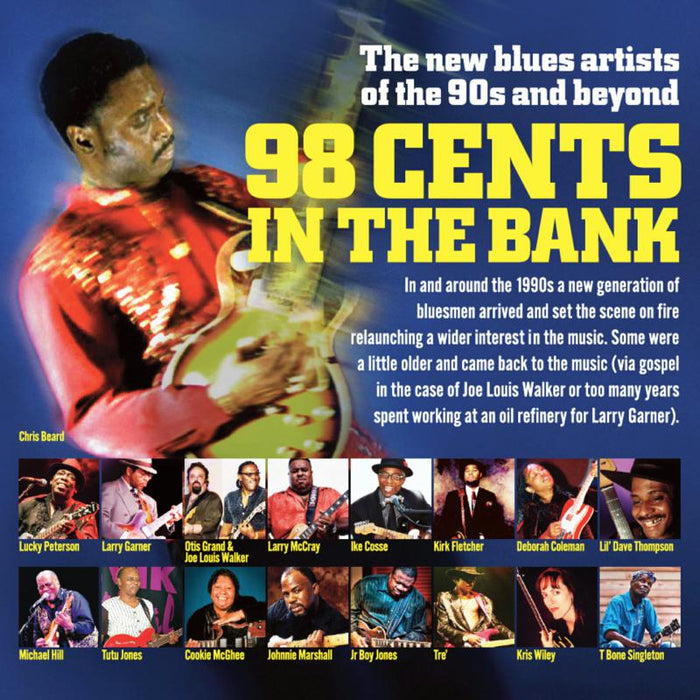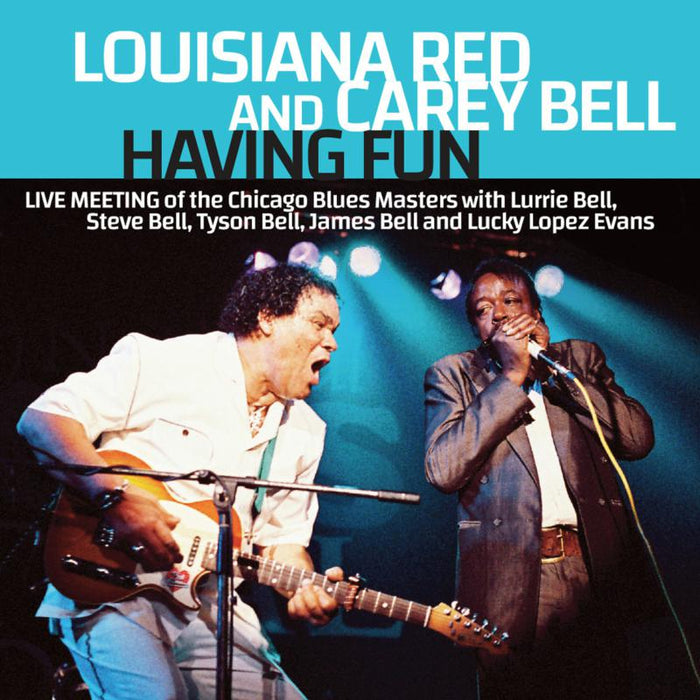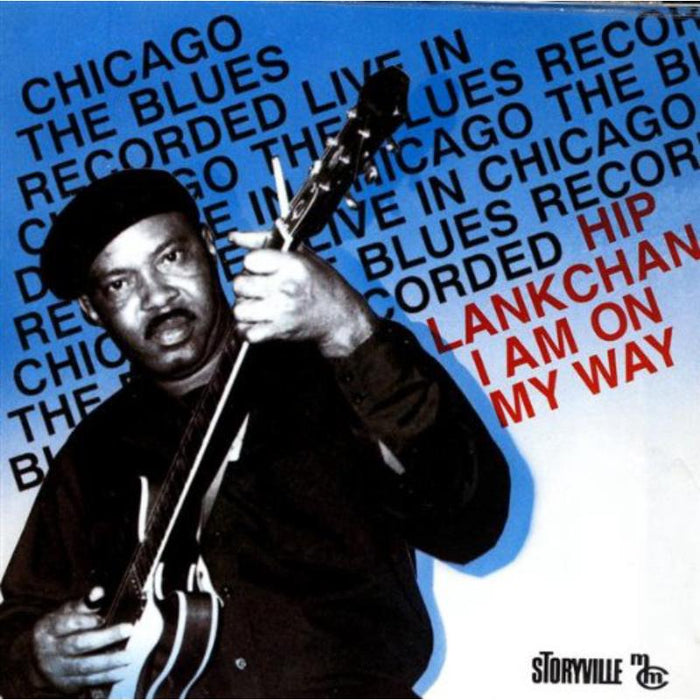Description
In his book ‘Chicago Breakdown’ published in 1973, Mike Rowe describes how “Chicago’s West Side expanded through population growth in the 1950s, creating more Afro-American neighbourhoods. It was on the dilapidated and overcrowded West Side that a new and angry music was reared.” Mike Rowe
This ‘new and angry music’ was blues, played by Buddy Guy, Otis Rush, Magic Sam, Jimmy Dawkins, Luther Allison, Mack Thompson, Johnny B. Moore, Mighty Joe Young, Eddie C. Campbell, Jimmie Lee Robinson and Hip Lankchan.
So, what made the West Side blues sound so “angry”? Jimmy Dawkins, argued that: “The West Side is bare, it’s down to the blood-line. We played hard-core, bone-crushing blues. The sound was raw, strictly from the throat and stomach. We couldn’t get more money. The club owners would only give us $35 or $32 – that’s $10 for the sidemen, $12 or $15 for the leader. We had the rhythm, but we didn’t have the fulfilments of it.” Which meant that West Side guitarists had to ‘simulate’ the piano and horns.
Willie Lee Richard (Hip Lankchan – later Hip Linkchain) was born on November 10th 1936 near Jackson, Mississippi. He picked up the name ‘Hipstick’ as a child, and learned to play the guitar. He moved with his family to Louise, Mississippi at the age of nine to pick cotton and it was where he was exposed to the electric guitar. He and his friends hitchhiked to nearby Greenville and Indianola where he heard Elmore James, Sonny Boy Williamson (Rice Miller), Willie Love and Boyd Gilmore. In 1956 he headed for Chicago and eventually landed a job as a paint sprayer. He bought a Gibson L5 electric guitar and began scouring the blues joints of the south and west sides looking to sit in and find a gig. He began playing with the likes of Dusty Brown, Willie Foster, Lester Davenport and Lee Jackson.
He formed his own band the Chicago Twisters – which included Tyrone Davis on vocals, his brother Jesse James Richard (aka Jug) on bass and Robert Campbell on drums, making his recording debut in 1959 backing Dusty Brown on Bandera Records with brother Jug on bass and Bob Richey on drums. The band held down a spot at the Silver Dollar Lounge sometimes supporting Howlin’ Wolf and Muddy Waters.
Hip has left us with a number of rare and obscure West Side blues 45s, some excellent blues albums and previously unissued material which is being made available here for the first time.
For good measure included here are four sides by Chicago harmonica player Dusty Brown – who is supported by Hip and his band – recorded for Bandera Records in 1959. Dusty was born on March 11th, 1929 in Tralake, Mississippi and began playing harmonica at the age of thirteen. He moved to Chicago in 1946, recording his debut disc for Al Benson’s Parrot label in 1955. In 1959 he cut the four tracks included here for Violet Muszynski’s Bandera Records.


